1. Introduction
Japanese idol culture is a unique phenomenon in the global music industry. While “idols” in many countries refer to professional artists or actors, in Japan, idols are often seen as figures who fans support and watch grow.
This article will explore how Japanese idol culture developed, what makes it unique, and how it differs from idol cultures in other countries.
2. Characteristics of Japanese Idols
Japanese idols have distinct traits that set them apart from pop stars in other countries.
① The “Growth Story” Concept
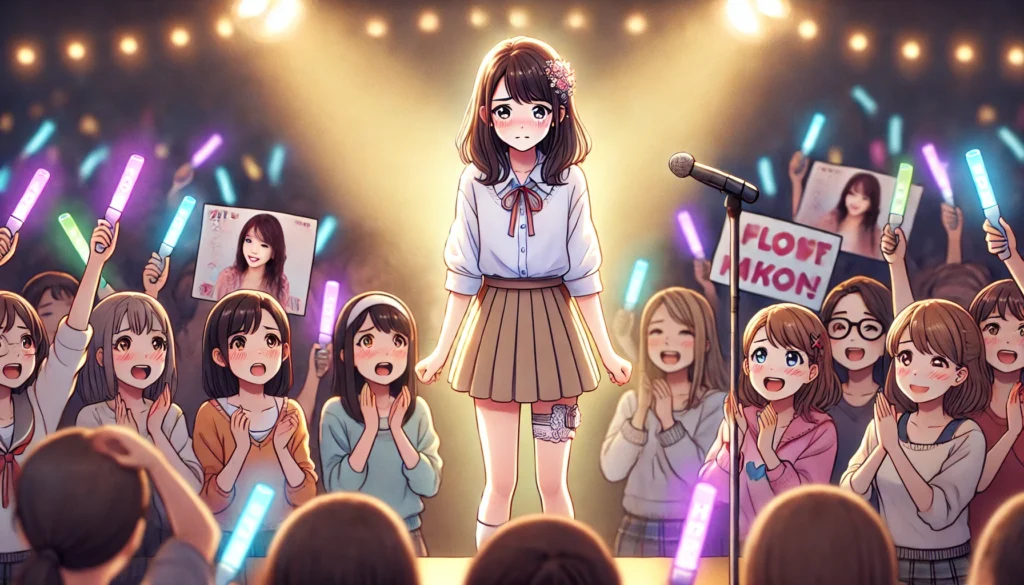
Unlike Western pop stars who debut as polished professionals, Japanese idols often start with little experience. Fans support them as they improve their singing, dancing, and stage presence.
For example, groups like AKB48 and Nogizaka46 emphasize the journey of their members, making their growth a key part of their appeal.
② Close Interaction with Fans
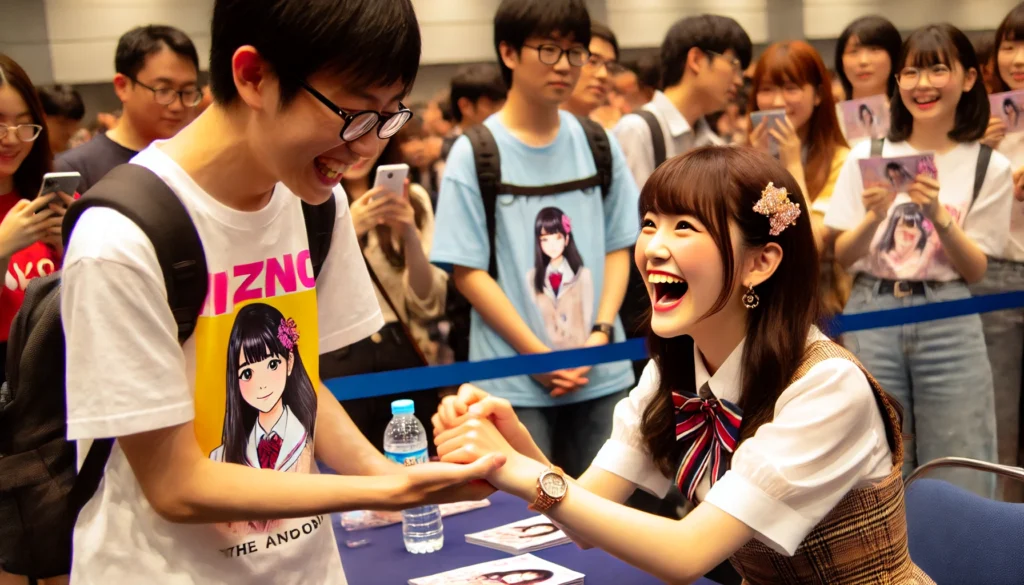
One of the biggest differences between Japanese idols and overseas artists is their strong connection with fans.
• Handshake events and photo sessions (where fans can meet their idols)
• Fan club events and social media engagement
• The concept of “idols you can meet”, introduced by AKB48
This level of interaction is rare in Western pop music, making Japanese idol culture unique.
③ Focus on Idol Groups
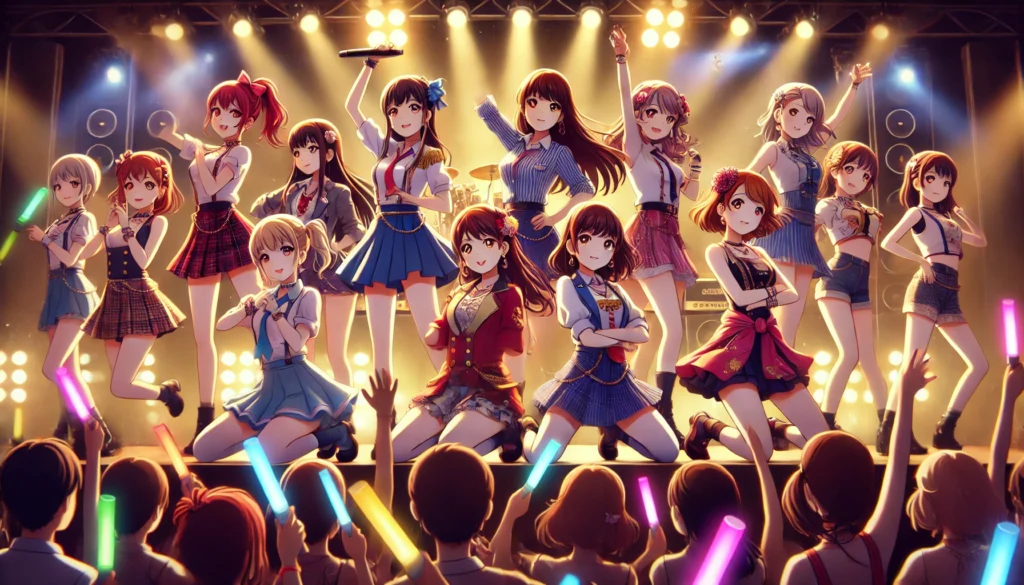
Unlike the West, where solo artists dominate, Japan’s idol scene is mostly centered around groups.
Some famous idol groups include:
• Johnny’s (e.g., Arashi, King & Prince)
• Hello! Project (e.g., Morning Musume, ANGERME)
• AKB48, Nogizaka46, and other “48/46” groups
Group dynamics, center position battles, and friendships between members are key elements that fans enjoy.
④ The “Graduation” System

Japanese idol groups have a unique graduation system, where members leave the group after a certain period to pursue different careers.
Graduation ceremonies are often emotional events, marking the end of an idol’s journey and the beginning of a new path in acting, modeling, or solo music.
⑤ The Importance of “Pure” Image
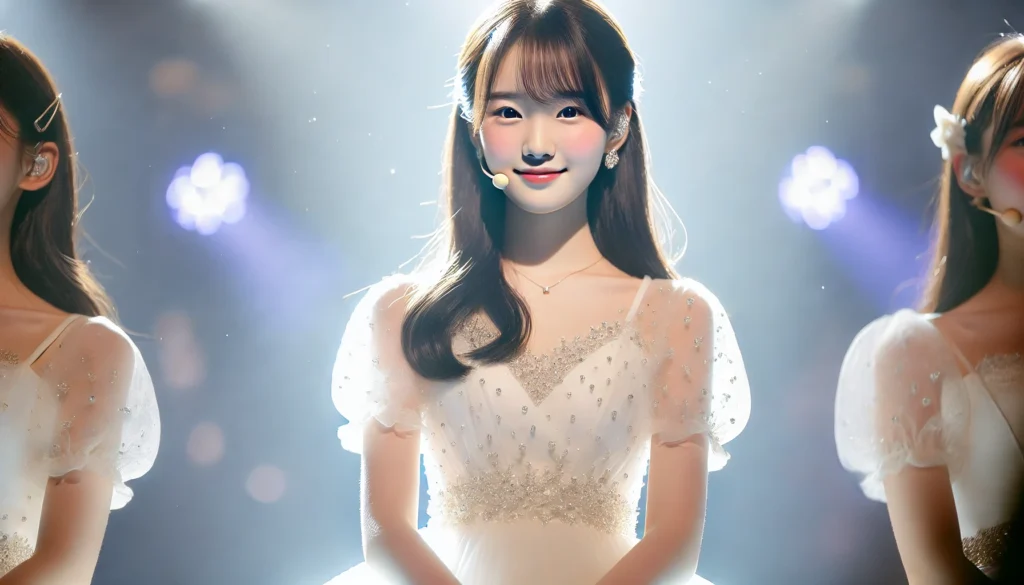
Japanese idols are often expected to maintain a pure and wholesome image.
• Many female idols are discouraged from dating or getting involved in scandals.
• Some groups even have official no-dating policies.
This creates a special relationship between idols and fans, where idols are seen as “ideal” figures.
3. How Japanese Idol Culture Differs from Other Countries
① Western Pop Idols

In Western countries, idols are seen as professional artists from the start.
• Beyoncé, Taylor Swift, and Ariana Grande are examples of pop stars who perform at a world-class level from their debut.
• Western fans admire these artists for their talent rather than supporting their growth.
Japanese idols, in contrast, are not expected to be perfect from the beginning but instead grow with their fans.
② Differences from K-POP Idols
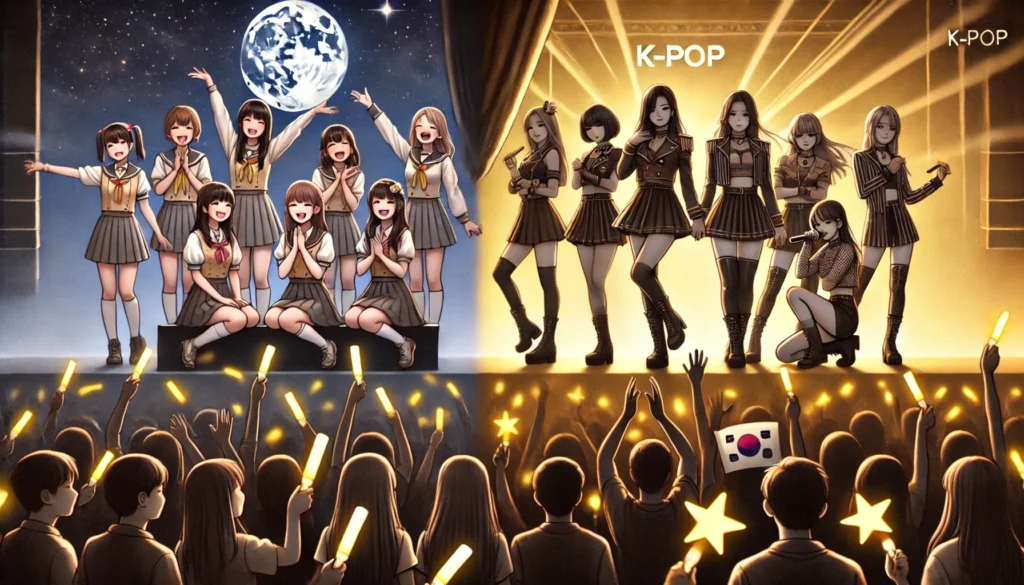
K-POP idols and Japanese idols have very different systems:
• Trainee System: K-POP idols spend years training before debuting.
• Emphasis on Perfection: Korean idols focus on high-level singing, dancing, and visuals.
• Global Strategy: K-POP idols actively promote in multiple languages and international markets.
While K-POP idols aim to be global superstars, Japanese idols prioritize domestic fan engagement and relatability.
③ Fan Culture Differences
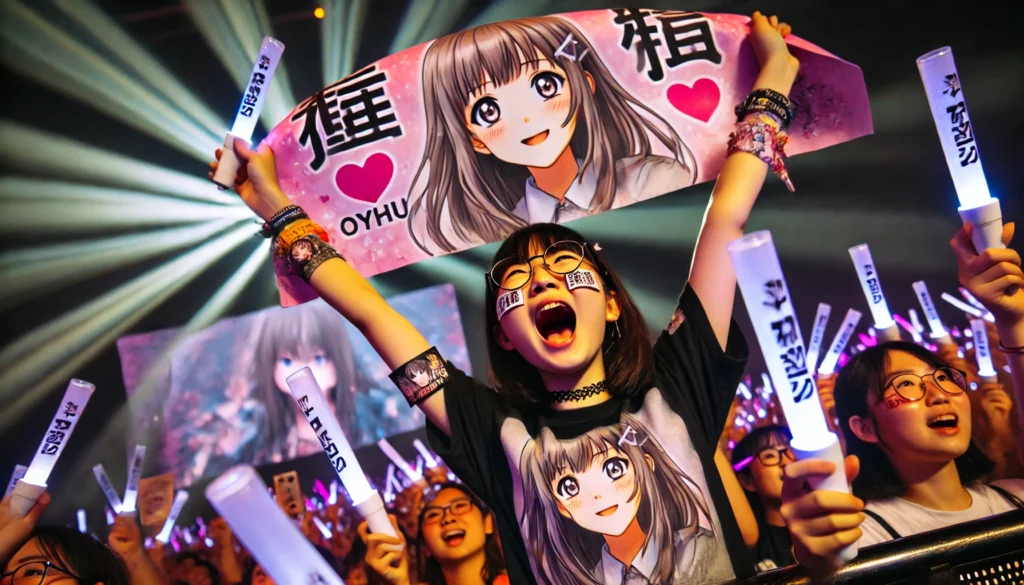
Japanese idol fans have a unique “oshi” (favorite member) culture.
• Fans passionately support their favorite members through voting, buying merchandise, and attending concerts.
• Events like AKB48’s General Election allow fans to influence the group’s future.
In contrast, Western fans admire artists from a more distant perspective and don’t usually participate in their career decisions.
4. Why is Japanese Idol Culture So Unique?
① The Influence of Talent Agencies

Japanese entertainment agencies control many aspects of an idol’s career, from song selection to public appearances.
Famous agencies include:
• Johnny’s (male idols)
• Akimoto Yasushi’s groups (AKB48, Nogizaka46, etc.)
② Connection with Otaku Culture
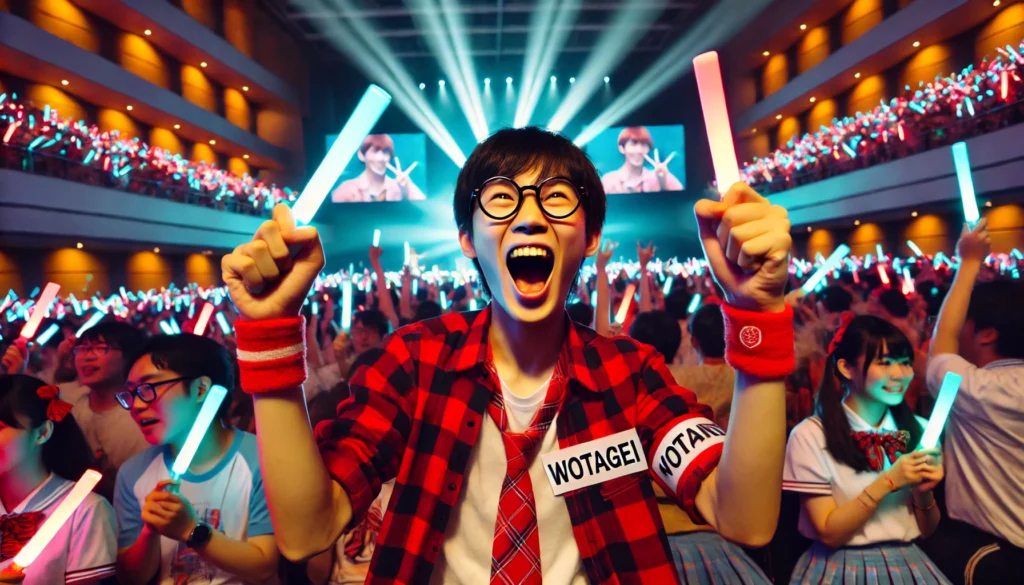
Japanese idol culture is deeply linked to anime, video games, and otaku culture.
• Voice actress idols like Aqours and μ’s (from “Love Live!”)
• Virtual idols like Hatsune Miku and VTubers (e.g., Hololive, Nijisanji)
This fusion of idols and anime culture is a unique feature of Japan.
③ The Existence of Underground Idols
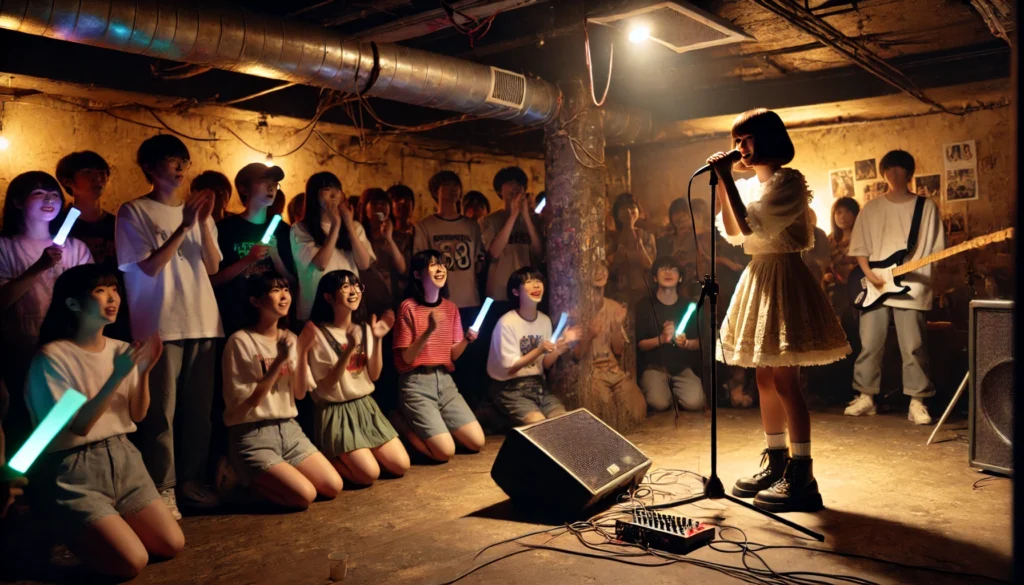
Besides major idol groups, Japan has a “chika idol” (underground idol) scene.
• Underground idols perform in small venues and interact closely with fans.
• These idols often have a small but loyal fanbase.
④ Career Paths After Graduation

Since idol careers are short-lived, many idols transition into acting, solo singing, modeling, or YouTube after graduation.
• Some become successful actresses or TV personalities.
• Others continue their careers through social media and live streaming.
5. The Future of Japanese Idol Culture
① The Rise of Digital Idols and VTubers
• Virtual idols like Hatsune Miku and VTubers are gaining popularity.
• The line between real and virtual idols is becoming blurred.
② More Diversity and Inclusivity
• Gender-neutral and diverse idol groups are gaining acceptance.
• Traditional idol norms are slowly changing.
③ Expansion into the Global Market
• Japanese idols are increasing their presence in Asia, Europe, and North America.
• Groups like Johnny’s and Nogizaka46 are exploring international opportunities.
With these changes, Japanese idol culture is set to evolve in exciting ways.
6. Conclusion
Japanese idol culture is unique due to its focus on growth, strong fan interaction, and group dynamics. Unlike Western pop stars or K-POP idols, Japanese idols are seen as figures to support and watch develop.
As digital idols and international expansion continue, Japanese idol culture will keep evolving while maintaining its distinct charm.
Would you like to experience the world of Japanese idols for yourself? 🎤✨
Recommended Articles



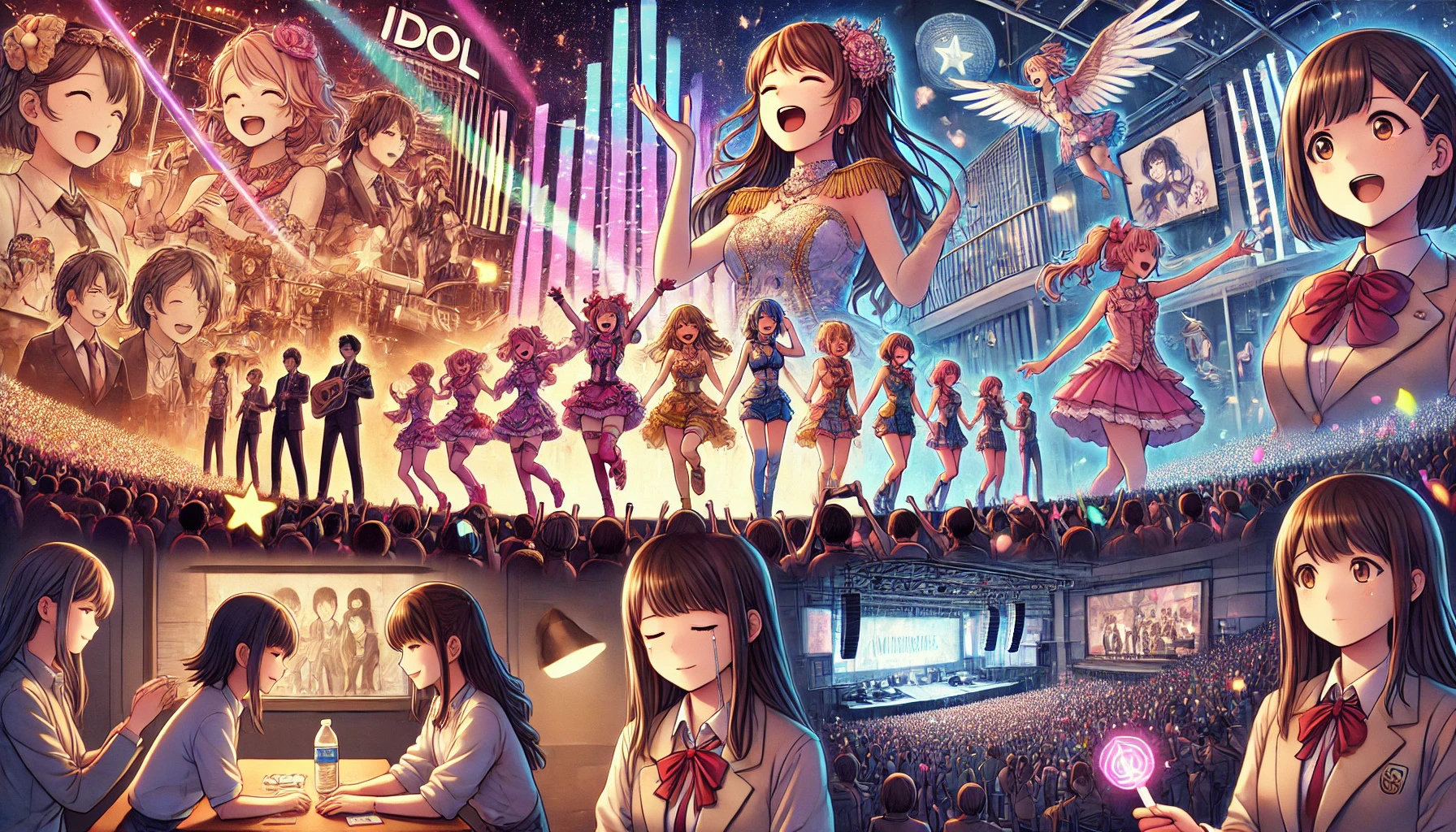


Comments